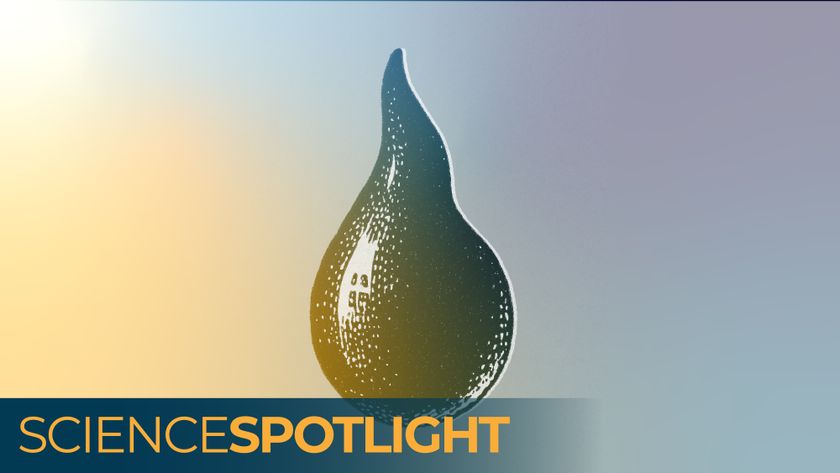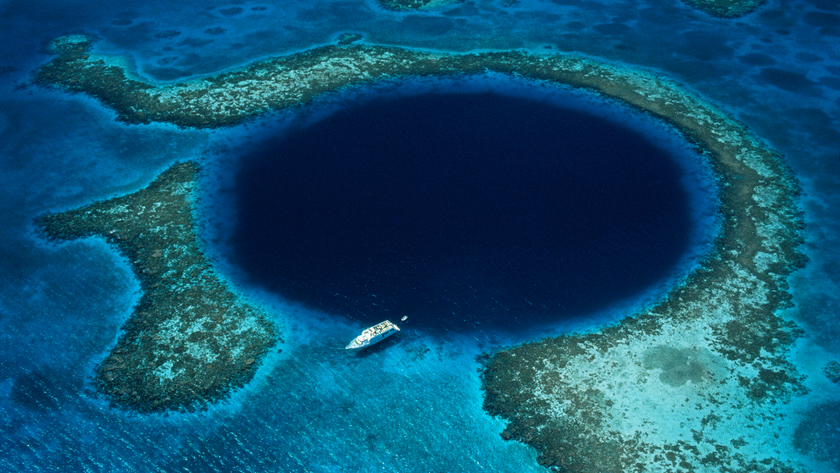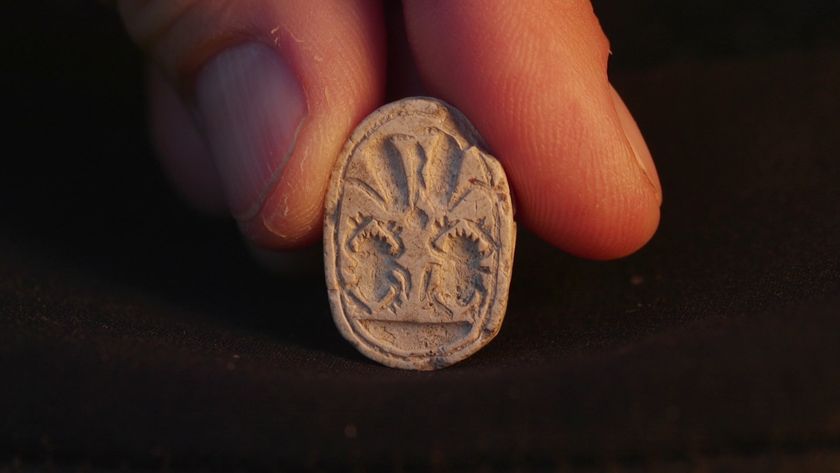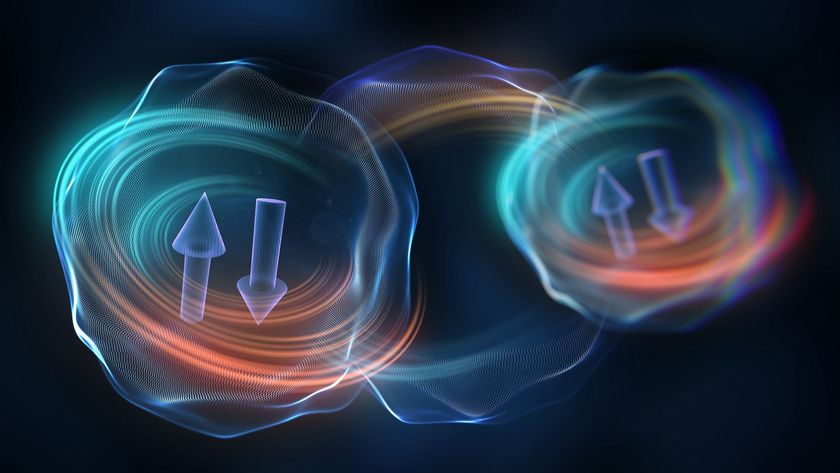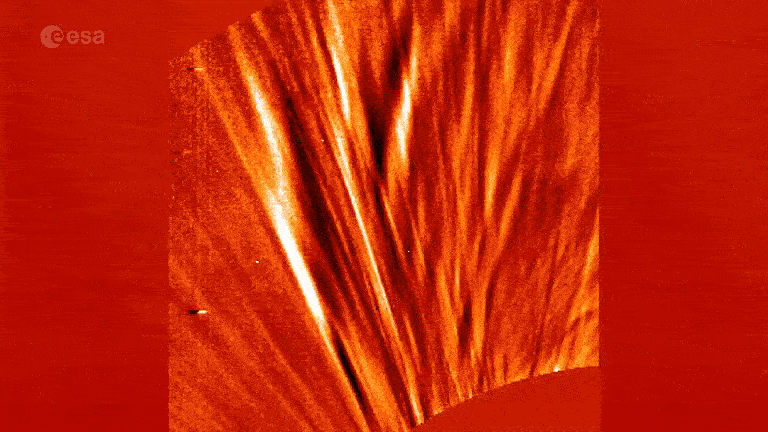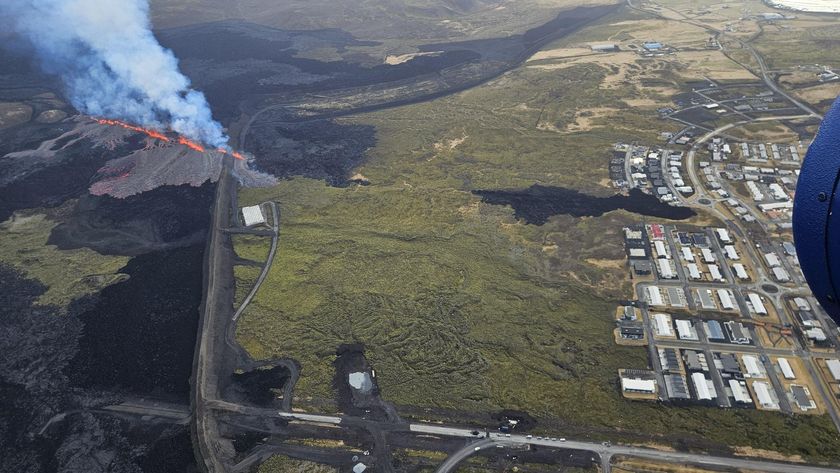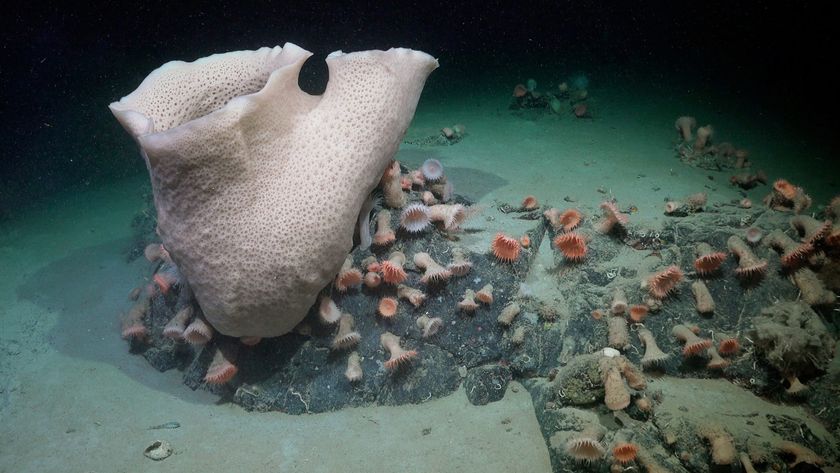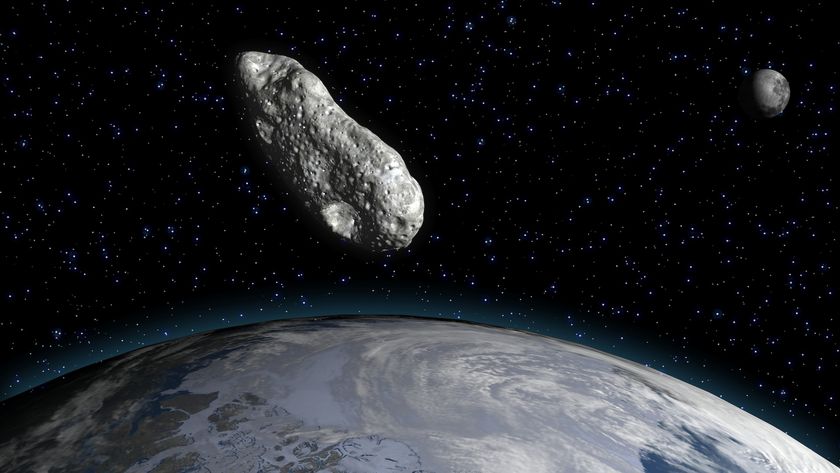Soda-Cancer Link Revealed as Myth
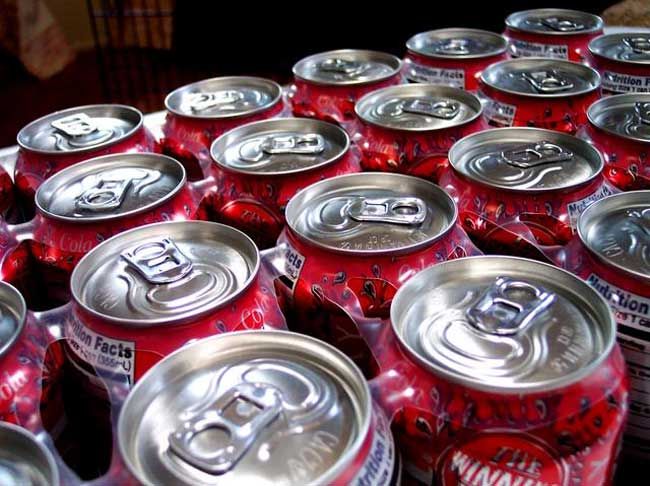
Despite what many may have heard, drinking soda does not increase the risk of developing esophageal cancer. In fact it might protect against it, a new study finds.
Cases of cancer affecting the esophagus, the muscular tube linking the mouth and stomach, in the United States have more than tripled since the 1970s. And in the past 50 years, Americans have increased their annual consumption of carbonated soft drinks nearly five-fold, from 10.8 gallons in 1946 to a whopping 42.2 gallons in 2000.
The two trends are strongly correlated and in 2004, Indian researchers suggested they might be linked. But as any scientist will tell you, apparent correlations do not necessarily mean connections.
The idea of a link between drinking too much soda and developing cancer is rooted on biological logic, however. Carbonated soft drinks are known to cause gastric distension that might affect the lower part of the esophagus. They have also been associated with nighttime heartburn, a known risk factor for a type of esophageal cancer known as esophageal carcinoma.
The new study is the first to actually test the hypothesis.
Susan Mayne, a cancer epidemiologist at the Yale University School of medicine, and colleagues studied 1,095 cancer patients and compared them to 687 healthy control subjects. They conducted full dietary interviews and compiled data on how much regular and diet soda each subject drank.
The researchers found that soda drinkers were actually less likely to develop esophageal carcinoma. Furthermore, when the researchers separated subjects who drank mostly regular soda versus diet soda, they found that the latter group had a 53 percent lower risk of developing the cancer.
Sign up for the Live Science daily newsletter now
Get the world’s most fascinating discoveries delivered straight to your inbox.
The researchers warned against chugging diet soda as a ward against cancer, however, since it carries its own health risks, such as damaging tooth enamel.
The study was detailed in the Jan. 4 issue of the Journal of the National Cancer Institute.
- Cola Wars Fought in the Brain
- Bottled Water Sales Soar as Tap Water Safety Questioned
- Cancer Takes Over Top Spot as Killer of Americans Under 85
- Hot and Healthy Winter Drinks
- The Odds of Dying

